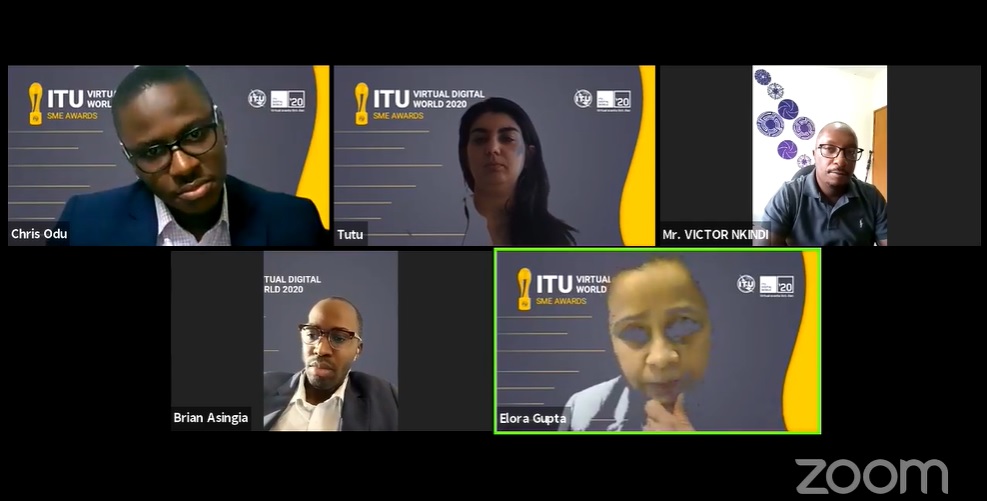As the problem of Teens pregnancies worsens, especially in adolescent girls, Hooza Media is seeking $ 200,000 to be able to expand its mobile Solutions in preventing Teen pregnancies, especially on the African continent.
Hooza Media, a Rwandan media company that has recently launched the technology in Rwanda has recorded significant impacts in delivering timely information that helps young people, parents as well as health workers in early pregnancies prevention among adolescent girls.
Rwanda has seen an increase in the number of teen pregnancies, which worsened during the COVID 19.
According to statistics, in 2017 Rwanda recorded 17,000 cases of Teen pregnancies, 20,000 cases in 2018, 24,000 cases in 2019 while in 2020, cases rose to 39,000 Teen pregnancies with 13,000 cases between March and June 2020.
Victor Nkindi, the Chief Executive of Hooza Media, says Hooza Mobile Governance Platform can provide a lasting solution to this problem.
Hooza Mobile Solutions is a modern voice messaging system that was launched in 2013 and is used in a few African countries including Rwanda, DR Congo, Senegal, Cameroon, Ivory Coast and Mali.
Explaining the project to expand this approach to reach as many people as possible, especially in Africa, Victor Nkindi said it would require $ 200,000 for Hooza Mobile Governance Solutions to be used in Africa not only to deliver messages to teenagers but also in other activities that require information exchange.
Mr. Nkindi was addressing an ITU Virtual Digital World 2020 SME Awards Ceremony during which promising projects were pitched for funding prospects.
The effectiveness of this medium, according to Hooza is that mobile audio solution addresses the urgent need for African institutions to strengthen their communications by ensuring that a majority of individuals are reachable and can participate in the sustainable development of their community, when indeed, 88% of the population does not have access to the internet and 32% is not literate.
Read the original story here

